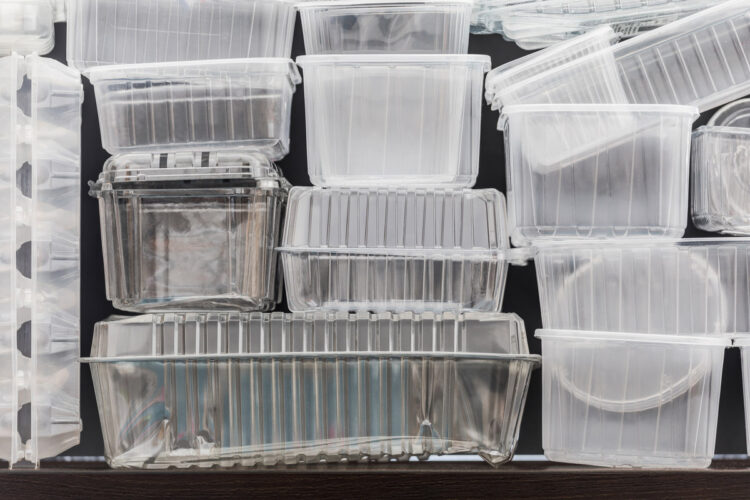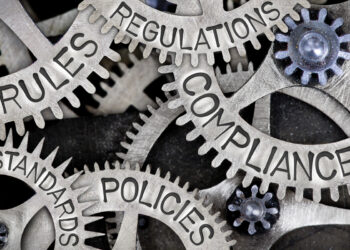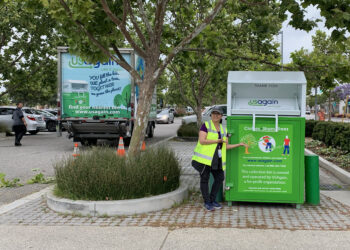Regulators in Oregon are asking producers to pony up the proof that their products are effectively recyclable.
As part of an effort to develop statewide recycling lists, the Oregon Department of Environmental Quality (DEQ) is requesting that materials producers provide evidence that their products meet new statutory definitions for what is recyclable.
The list development is just one part of Oregon’s comprehensive recycling system overhaul, driven by the Oregon Plastic Pollution and Recycling Modernization Act, which was signed into law last year. The law is unique, melding extended producer responsibility (EPR) provisions with numerous other regulatory requirements affecting community recycling programs and MRF operators.
As part of the overhaul, the state Environmental Quality Commission (EQC) is charged with approving statewide “accepted recyclables” lists. The commission, a panel of five people appointed by the governor, will approve a list of all commingled recyclables that local governments (and their contracted providers) will be required to collect, a list of source-separated material local governments (and contracted providers) will need to collect, and a list of materials that producer responsibility organizations (PROs) will be charged with collecting through drop-offs and special collection events.
Mono-material polyethylene film is an example of a material that may land on the PRO recycling list but not the other two, because film gums up equipment at MRFs but is otherwise recyclable.
On Feb. 3, Oregon DEQ issued a request for technical information to help staff develop draft lists to bring to the EQC.
According to the DEQ, the bill signed into law last year, Senate Bill 582, included criteria to be used to determine what’s recyclable. The criteria include the state and availability of end markets, ease of handling and recycling the material, the amount of supply available, contamination, health and safety factors, environmental impacts and more.
Already, DEQ staff have pointed to materials they think are an obvious “yes” for the statewide commingled recyclables list: uncoated corrugated containers, newsprint, printing and writing paper, steel and aluminum cans, PET bottles and HDPE bottles.
“While DEQ is required to evaluate all materials against statutory criteria prior to recommending them to the Commission for inclusion in the uniform statewide collection list, less new evidence is needed to justify the inclusion of these materials,” according to the DEQ’s request for information.
And then there are materials that are collected in some Oregon programs but not others, and materials collected outside Oregon but not within the Beaver State. Falling into those categories are cartons and PET thermoforms, as examples.
“DEQ is focusing its research on these types of materials, and most strongly encourages submittals of information that will aid in such evaluation,” according to the request for information. The department plans to convene a technical workgroup to help draft the list.
The deadline to submit information is March 20, 2022. DEQ anticipates bringing a package of regulations that includes the statewide lists to the EQC around September 2023.
The DEQ’s project manager is David Allaway, who explained Oregon’s law during a presentation at the Association of Plastic Recyclers’ (APR) October meeting (APR owns Resource Recycling, Inc.).





























